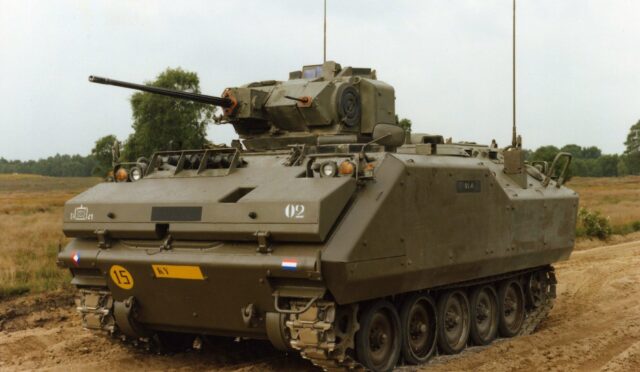Greece Secures Exocet Missile Deal with France
Greece has solidified its defense capabilities by signing an agreement with France for the acquisition of 16 Exocet MM40 anti-ship missiles. This pivotal deal was officiated in Athens by Greek Defense Minister Nikos Dendias and French Armed Forces Minister Sébastien Lecornu during a high-profile visit. Notably, the financial specifics of the agreement remain undisclosed.
The Exocet MM40 missiles boast impressive specifications, including a maximum operational range of 250 kilometers (155 miles) and a significant weight of 780 kilograms (1,720 pounds). Measuring under 6 meters (19.7 feet) in length, these missiles are engineered with advanced technology, featuring an electromagnetic homing system for accurate target engagement. Furthermore, its sophisticated guidance unit enhances flight trajectories and allows for coordinated attacks with multiple missiles.
Technological Advancements of the Exocet Missile
Designed to operate stealthily, the Exocet missile minimizes its visual, radar, and infrared signatures, enabling it to operate effectively at low altitudes over the sea. The missile employs a combination of inertial navigation and an active electromagnetic seeker for terminal guidance, allowing it to be launched beyond the operator’s line of sight and follow intricate flight paths.
The missile’s seeker is particularly advanced, enabling it to accurately identify targets while resisting modern countermeasures. The integration of GPS functionality also allows the Exocet to engage coastal land targets effectively, further enhancing its operational versatility.
Greece’s Commitment to Defense Spending
In a broader context, Greece is significantly ramping up its defense expenditures as part of a strategic modernization initiative. As one of the NATO members, Greece is committed to investing over 3 percent of its GDP into defense, joining the ranks of countries like Poland, Estonia, and Latvia.
Looking ahead, Greece plans to allocate approximately 26 billion euros ($28 billion) towards new weapons systems by the year 2036. This year alone, the nation has dramatically increased its military budget to 6.13 billion euros ($6.6 billion), facilitating the procurement of various essential military equipment.
Recent Military Acquisitions by Greece
In January, the Hellenic Air Force marked a significant milestone by receiving its 30th upgraded F-16 Viper from US defense contractor Lockheed Martin, showcasing a commitment to enhancing its operational performance. Additionally, earlier in the same month, Greece completed the acquisition of its 24th and final Rafale fighter jet from France’s Dassault Aviation.
These acquisitions underscore Greece’s determination to bolster its military capabilities amid a complex regional security landscape, further solidifying its role within NATO and strengthening ties with key allies.







